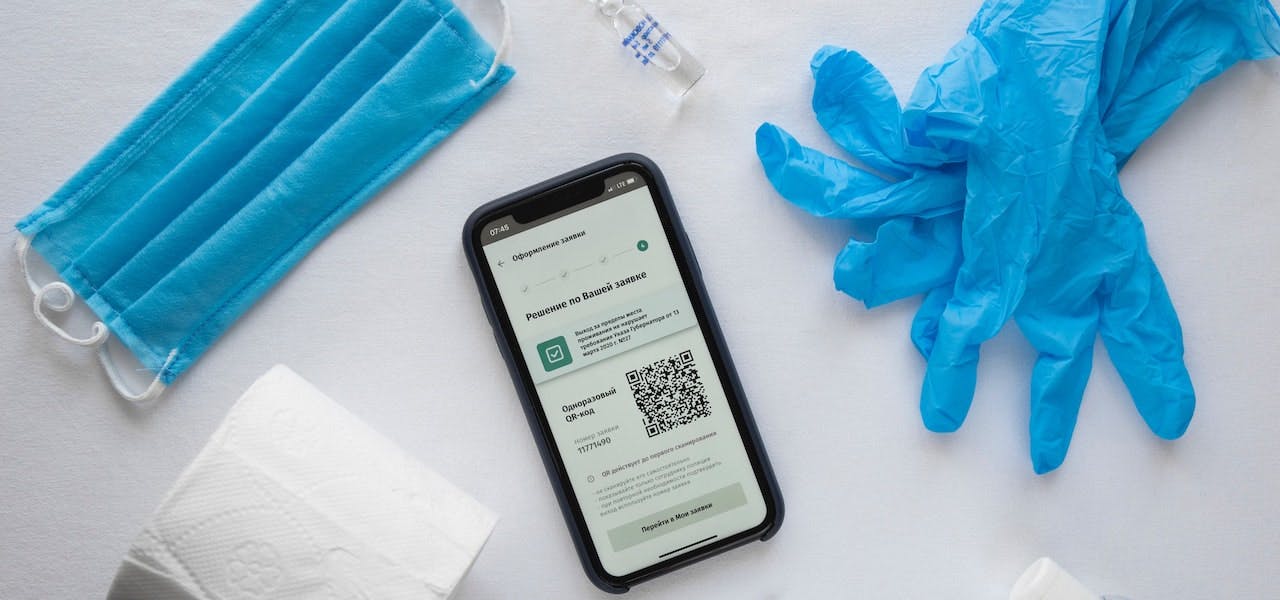Medical research and advances in finding appropriate treatments and hopefully a vaccine for Covid-19 are extremely important during the current pandemic and economic downturn. Laboratories around the world, along with their online platforms such as Impactio, are focusing on the health effects of Covid-19 to better their understanding of this mysterious disease. Researchers from around the world are bouncing ideas off of one another via technological platforms trying to understand the virus in new dimensions.
While these advances in medical and health research are significant, they also represent a rather siloed approach to dealing with the pandemic if other major issues like transportation and logistical research are not undertaken by city officials and research analysts, both online and offline.
While logistical and transportation research might not seem as cutting edge as other sciences like engineering or medicine, it is an important discipline. The ability for logistical planning to be re-imagined as cities start to re-open is of utmost importance for flattening the virus curve. Whole ecosystems of people move around urban centers everyday, and obtaining a better understanding of the factors at play in this movement is a topic worth investigating.
In addition, Impactio Labs and other platforms already geared towards the research of PhDs and academics can convene researchers undertaking this research interest and allow for communication about the issue.
Why Logistics research is needed in fragmented cities
One way logistics research should be able to help in the current pandemic is by re-imagining ways of commuting to work, for example. If we think about people who travel frequently, they often note that every airport they visit has its own structural design that is a little bit different from others. It can be an annoying process to learn how each airport operates, but procedures and logistics are in place for a reason in every respective location. The logistical model fits the place in question.
The same will need to happen with urban transport and logistics of working populations in the post-Covid era. Instead of employees taking public transport as they have done for most of their adult lives, logistical research practitioners will need to come up with a strategy to disrupt traditional methods of using public transport and honing in on ways to limit the closeness of masses of people as they commute to the office. In effect, new modes of transport might be a little more inconvenient—like learning the ropes when traveling to a new airport. But they will be necessary given the current situation in much of the world.
In effect, this will require much research on other services organizations can use for their employees to get to work—such as shuttle buses and routes that would be effective in getting everyone to work on time.
Investing time and effort into logistics is an opportunity, not a threat
While millions have already been poured into health and medical research in regards to Covid-19, a new investment opportunity in logistical planning requires much less upfront money, and can reap major benefits to whole cities of people if procedures are safe and sound.
Now is a time especially in our online spheres where much knowledge is being exchanged on platforms like Impactio, LinkedIn, Facebook and others on the science surrounding Covid-19 and how to move forward while the virus seems to impact every aspect of our daily lives. But what about the research surrounding logistics and planning? Logistical and transport research has been neglected in much of the online spaces because it is hard for cities, especially in the U.S. to try and re-learn how to navigate and commute in spaces that are already fragmented in terms of commuter-friendliness.
Thus new research and thinking, which includes the platforms where this information is shared, is needed as U.S. cities start to re-open. Medical research will not be enough if other factors affecting transmission rates, such as commuting to work, are not re-thought in the midst of this pandemic.
